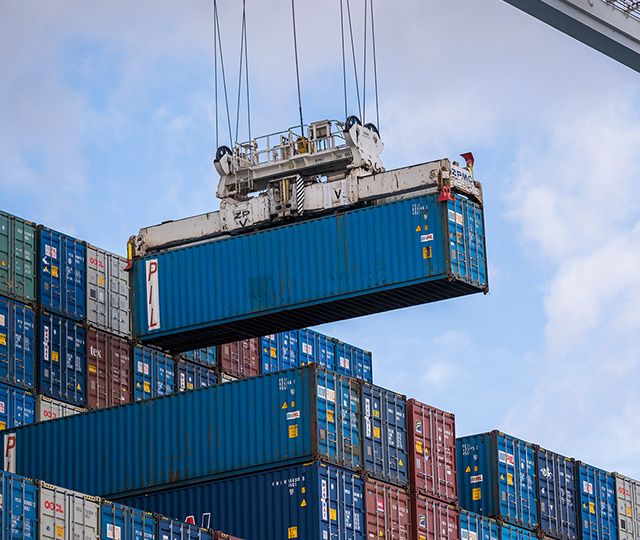In April 2021, the Made in America Office, under the U.S. Office of Management and Budget, was established to centrally, strategically and comprehensively manage in-country sourcing activities for federal procurement.
Earlier, in January 2021, the Administration launched its initiative on policies to promote Buy American policies through an Executive Order outlining a government-wide proposal to use government procurement as one of the methods to strengthen the U.S. manufacturing sector.
It provides for a number of measures, including reviewing institutional actions that are inconsistent with Administration policies, updating the exemption process for «Made in America» provisions, and promoting transparency in federal procurement.
Made in America
As a result of these initiatives, a new proposed rule was announced in July 2021 that would make the most significant changes to the Buy American Promotion Act in many years.
One of the most important proposed changes would immediately raise the domestic content threshold from 55% to 60%, and then gradually increase it to 75%, according to a World Trade Organization (WTO) report.
Procurement covered by the WTO Government Procurement Agreement (GPA) remains exempt from these requirements.
The United States and the European Union announced their intention to negotiate the world’s first carbon-based sectoral agreement on steel and aluminum by October 2023.
As a first step, the two sides reached an interim agreement on aluminum and steel tariffs, and agreed to intensify cooperation on non-market spare capacity, trade enforcement and customs issues.
For the current Administration, equity and inclusion are among its top policy priorities, which will also influence U.S. trade and investment policy in the future.
Gender Equity
Thanks to a series of Presidential directives and initiatives regarding a «common effort at all levels of government» to advance race and gender equity, equality, and fairness, many concrete measures are already being implemented and new ones have been included in the President’s FY 2022 budget.
To assist in the development of inclusive, worker-centered trade and trade policy, the USTR Office asked the USITC to investigate the potential distributional effects of trade policy and trade in goods and services on U.S. workers by skill level, wage and salary, gender, race/ethnicity, age, and income level, especially how they affect underserved and underrepresented communities.
![]()

